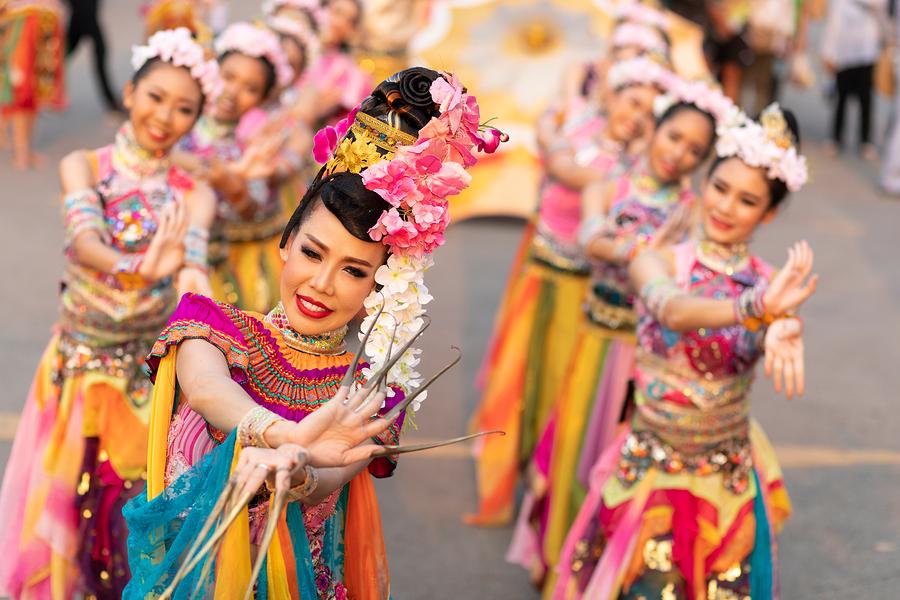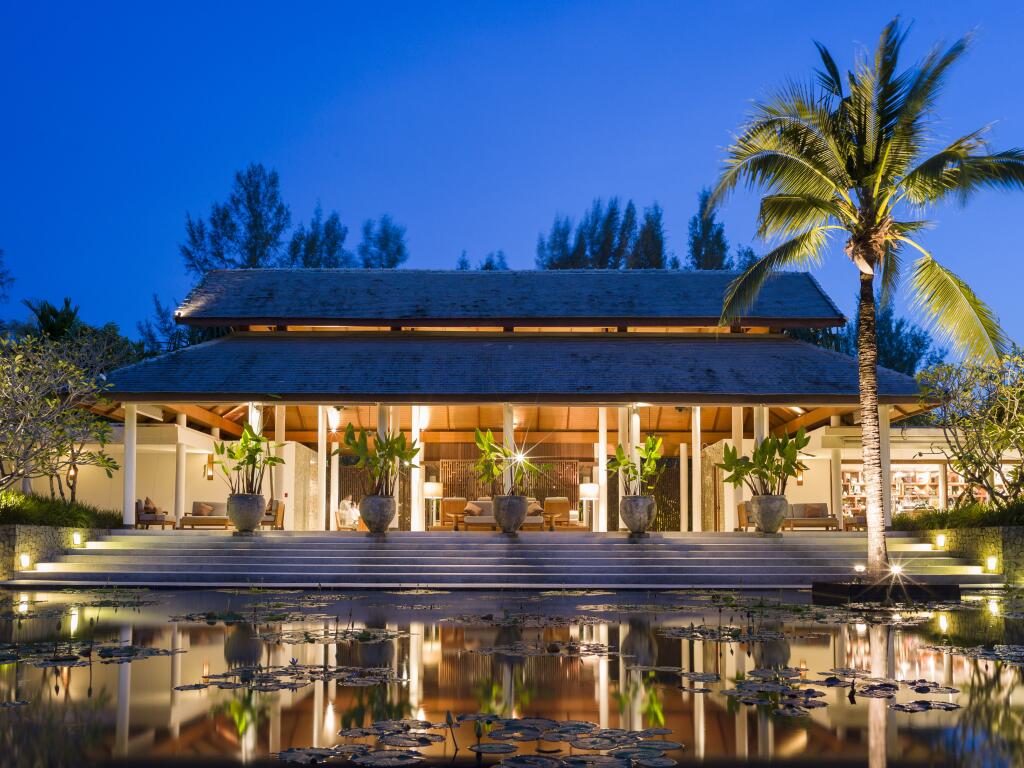Thailand Culture & History
Culture
An enchanting archipelago brimming with cultural history, Thailand is steeped in rich tradition and spirituality that is heavily influenced by ethnic groups from India, Cambodia, China and Southeast Asia. Important to national identity, Theravada Buddhism is the national religion and includes Hindu spirituality such as worshiping ancestors and animism.
Thailand has unique cultural norms and etiquette that tourists may be unaware of. For example, pointing with your feet or touching a person's head are taboos in Thailand as the feet are considered the dirtiest body part while the head is most sacred. It is also important to remove your shoes when visiting a temple or entering someone's home.

A highlight for many travellers to Thailand is getting to experience the Thai food culture. Thai cuisine blends sweet, sour, salty, spicy and bitter tastes in a delicious balance that goes well with most meat and seafood. Rice is a staple part of the cuisine in Thailand, particularly jasmine rice which is eaten with almost every meal.
History
Nanchao Period (650 - 1250 AD): After founding a Thai kingdom in Southern China, the Thai people migrated further south where they settled on the Central Plain under the rule of the Khmer Empire. The independent Thai state of Sukhothai was founded in approximately 1238 AD.
Sukhothai Period (1238 - 1378 AD): Thai history's 'golden era', the 13th Century was a time when the Thais became a powerful force in independence and forged an ideal state governed by kind rulers. However, the more powerful Ayutthaya asserted itself over Sukhothai in 1350.
Ayutthaya Period (1350 - 1767 AD): Reverting back to Khmer principles, Ayutthaya gained more power over its sovereigns which saw conflict between neighbouring principalities. After diplomatic relations began in the 17th Century, the Burmese invaded in 1767, capturing Ayutthaya. Although, control didn't last for long.
Thon Buri Period (1767 - 1772 AD): Fearing another attack, Ayutthaya's capital was transferred to a site closer to the sea to facilitate defence, procurement and foreign trade. A new capital was established in Thon Buri and rulers were tough, however, the kingdom disintegrated quickly due to a lack of authority.
Rattanakosin Period (1782 - the Present): A new ruler then transferred the capital to Bangkok and established the Grand Palace. Further rulers employed social and economic reform, restoring relationships with surrounding provinces, Western nations and trade with China and ending European treaties, establishing modern Thailand and avoiding colonisation. From 1869-1910 slavery was abolished, by 1925 educational reforms had been introduced and in 1939 Thailand became a democratic government.


